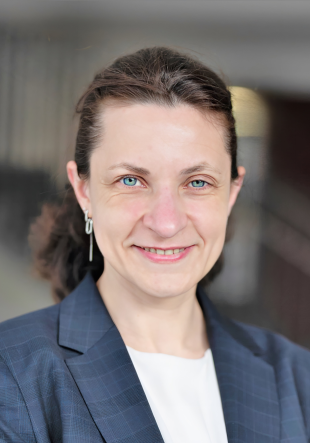CRC 1368: Oxygen-free production - processes and local mechanisms in oxygen-free atmosphere for the development of sustainable production techniques and manufacturing processes
Overview
The objective of the Collaborative Research Centre 1368 (CRC) is to develop a basic understanding of the processes and mechanisms involved in manufacturing, assembly and handling technology in oxygen-free environments. This will open up the completely new field of "oxygen-free production", which will add new possibilities to established processes, significantly increase the performance of the products manufactured and enable entirely new processes. Production processes in the metalworking industry are still carried out in the presence of oxygen. This leads to the surface contamination of the metals with oxygen. The resulting oxide layer mainly acts as a detrimental factor in production and limits the possibilities for metal processing. Due to the presence of oxygen, there is an unexploited potential of technical possibilities in almost all production processes. In fact, production in an oxygen-free atmosphere offers considerable technical, economic and resource-relevant advantages and renders completely new processes possible. Within the Collaborative Research Centre an oxygen-free atmosphere is generated by the use of silane (SiH4) doped inert gas. By the reaction of the silane with the residual oxygen contained in the inert gas, oxygen partial pressures of less than 10–23 bar, and thus a practically oxygen-free atmosphere can be achieved at ambient pressure. In terms of oxygen partial pressure these conditions are those of an extremely high vacuum (XHV-adequate). Because of the strongly reducing effect of silane, such atmospheres offer various possibilities for removing oxide layers from semi-finished products and suppress (re-)oxidation of the materials. In the first funding period, the scientific subprojects investigated the effects of the complete absence of oxygen on the mechanisms in the process zone for the production groups of casting, forming, coating, joining and cutting as well as methods for the active deoxidation of surfaces and powders. Research aspects were the mechanisms at the active sites of the respective processes and the modelling of processes at surfaces and interfaces. The large positive effects observed in the majority of the processes under consideration demonstrate that the hoped-for technological leaps can be expected to become a reality. In the second funding period, the basic understanding gained and knowledge about specific process interactions will be further deepened. For this purpose, the processes will be tailored to the new environmental conditions. Adapting the process conditions and parameters enables the potential to be further exploited by combining various of the large effects observed.
Key Facts
- Grant Number:
- Project type:
- Sonstiger Zweck
- Project duration:
- 01/2024 - 12/2028
- Funded by:
- Deutsche Forschungsgemeinschaft (DFG)

